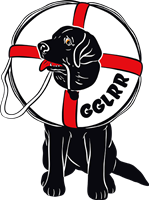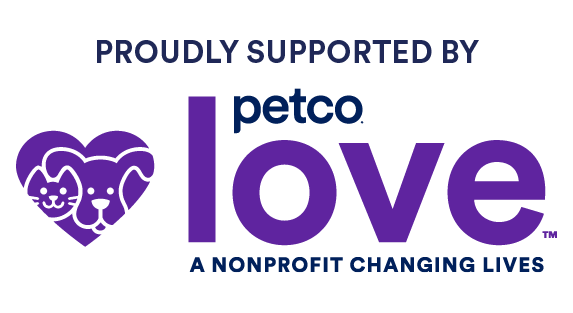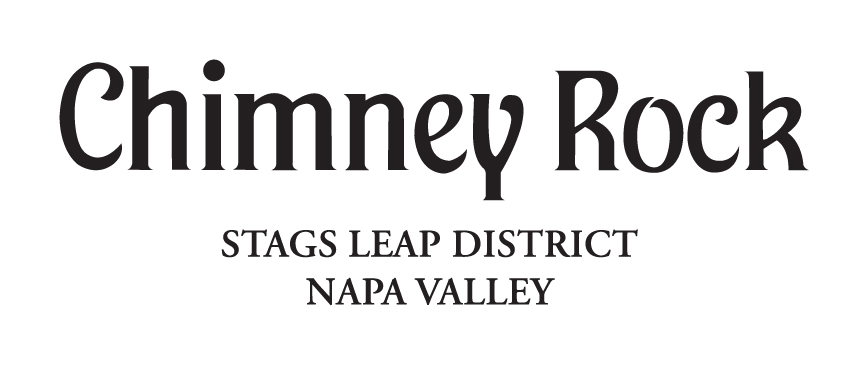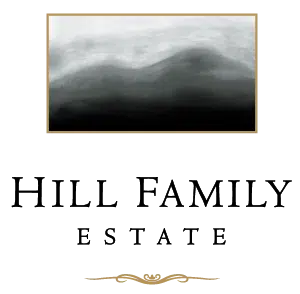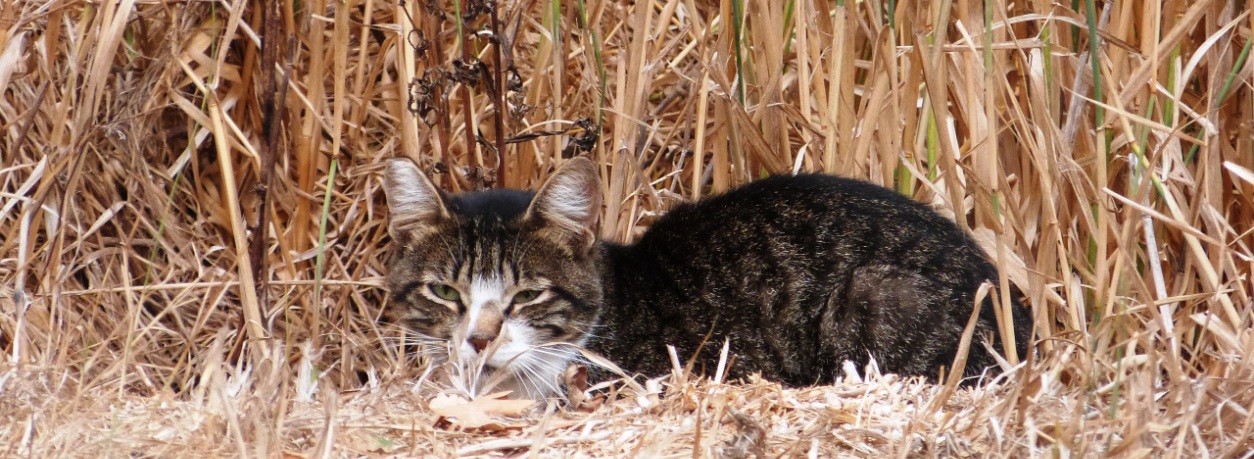 Napa Humane has developed a two-part strategy for minimizing the negative impact of un-owned cats in our neighborhoods:
Napa Humane has developed a two-part strategy for minimizing the negative impact of un-owned cats in our neighborhoods:
(1) A robust Trap-Neuter-Return program, and
(2) Humane Neighbors, educating residents about how to humanely manage community cat behavior.
Trap-Neuter-Return
All Napa County residents can agree it’s essential to keep the population of un-owned cats in our community as small as possible. Cats living outside and without a caregiver is less than ideal, and our ecosystem is simply not equipped to deal with large communities of predators whose waste pollutes water systems and crops.
Trap-Neuter-Return (TNR for short) is an approach to the community cat challenge that controls population growth without resorting to lethal methods, and improves quality of life for both cats and humans. Cats are humanely trapped, taken to a veterinarian to be vaccinated, neutered, and eartipped (visually signaling that they are neutered), and then returned to the place they were trapped.
Ending the cats’ breeding cycles not only stops population growth in its tracks, it also makes the cats better neighbors by greatly reducing the incidence of obnoxious behaviors, like yowling, fighting, and spraying. Administering standard feline vaccines also prevents the spread of diseases like rabies, which affect other Napa County mammals-including humans.
Eartipping is essential to the program, visually signaling that a cat has been spayed or neutered. While a cat is anesthetized for its surgery, the vet removes the distal one-quarter of a cat’s ear, approximately 3/8 inch, or 1 cm, in an adult. This universally accepted method allows everyone to immediately tell-even from a distance-whether or not a cat has been neutered, thereby avoiding unnecessary trapping and additional surgeries.
Napa Humane’s TNR Program
*Program details are subject to modification based on evolving needs.
TNR is by appointment only. We are unable to accept drop-ins.
The Trap-Neuter-Return Program available to Napa County residents at Napa Humane is a $55 (actual surgery cost exceeds $300 – this program is funded primarily by individual donations) per cat package that includes:
- Spay or Neuter and eartipping
- Vaccination for rabies(for cats 3 months of age or older) rhinotracheitis, calicivirus and panleukopenia.
Applying to the TNR Program:
Napa County residents that wish to use our TNR program may text our Community Cat Hotline at (707) 500-2903 Monday through Thursday (cutoff is 11am Thursday) to request an appointment for the following week. Those that text during this time will be eligible for an appointment the following week. We will reach out to a randomly selected number of these requestors to make an appointment for one un-owned cat for the following week. Please see below for more detailed instructions and restrictions.
- Monday through Thursdays (until 11 am), text your name to (707) 500-2903
- Our automated system will randomly choose a number of those text messages. This number is dependent on staffing and scheduling in our Clinic for the following week.
- Those chosen will be contacted by noon on Friday to make an appointment for the following week. If anyone chosen is not able to commit to any of the available appointments for that week, or if we cannot reach you before noon on Friday, we will randomly choose another text message to contact.
- Appointments are limited to one cat per person chosen by this “lottery” method.
- This TNR Program is only available to Napa County residents. Proof of residency will be required.
- If you have needs beyond a small number of community cats, please email your name and the approximate number of cats you are working with to info@napahumane.org.
We appreciate our Trappers that work hard to give their community cats their best chance at a long and healthy future. Thank you for your support and patience for our small Clinic team trying to do the same!
Program details are subject to modification based on evolving needs.
Post-Surgery
After surgery, allow the cat to recover overnight in the trap or hard-sided carrier. Keep the cat in its trap or carrier and make sure he/she is dry and away from loud noises or dangers such as toxic fumes, other animals, or people. When a cat is recovering from anesthesia, he/she is unable to regulate their body temperature, so it is extremely important that the recovery location is temperature-controlled.
Check on the cat often to make sure s/he is recovering; keep an eye out for bleeding and illness. If a cat is vomiting, bleeding, having difficulty breathing, or not waking up, get veterinary assistance immediately.
Unless the vet tells you otherwise, a cat must be held at least until the morning after surgery, or longer if their recovery speed is slower. Make sure the cat is fully conscious, clear-eyed, and alert before letting them go free. In some cases, females may need 48 hours of recovery, depending on their specific circumstances. You may return a nursing mother cat to her kittens as soon as possible, however, once she completely regains consciousness.
Release the cat in the same place you trapped him/her. Do not be concerned if the cat hesitates a few moments before leaving the crate/trap. S/he is simply reorienting to the surroundings. It is not uncommon for a cat to “disappear” for a few days after being returned. Resume any regular feeding schedule, and continue to provide food and water-the cat may be eating when you are not around.















